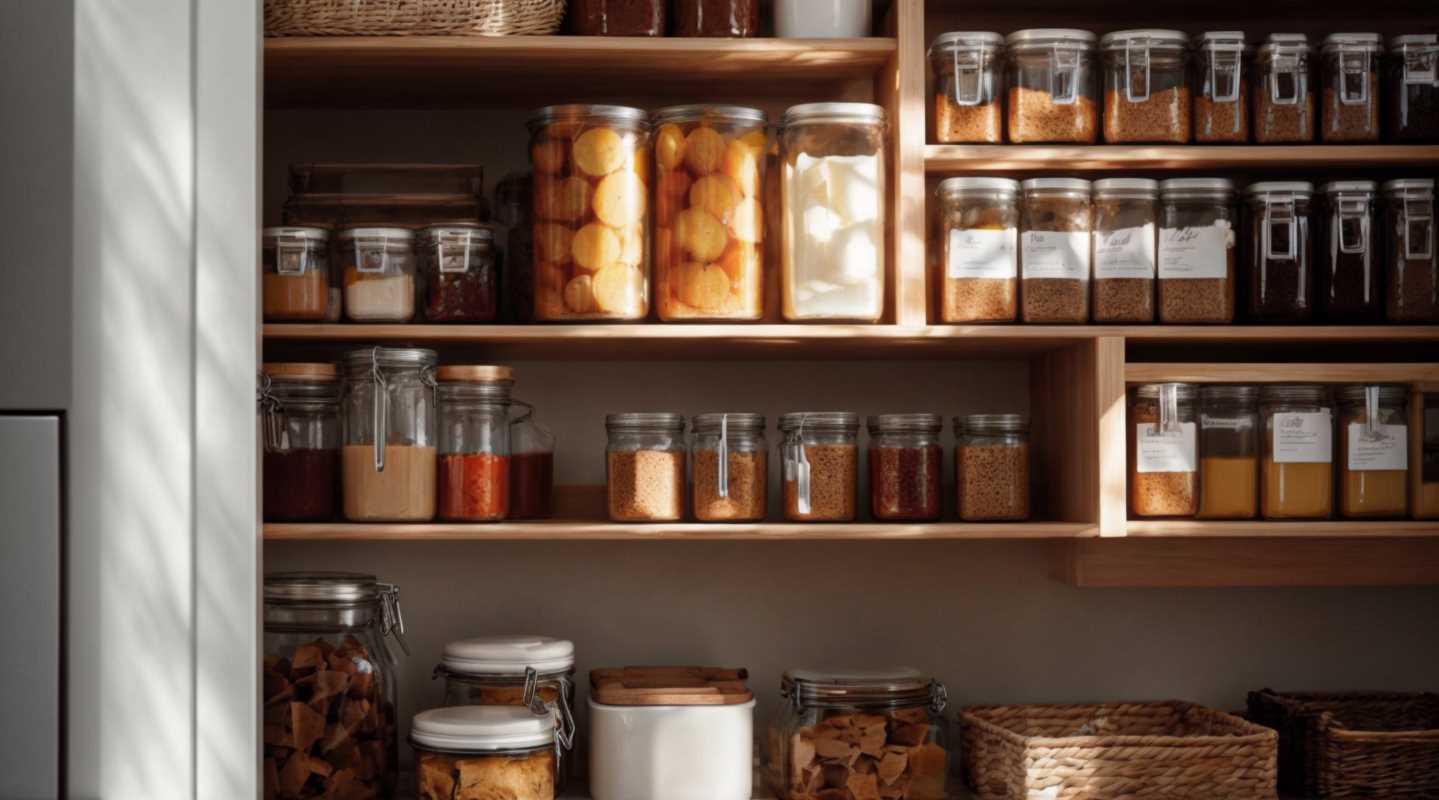Fermented foods hold a cherished place in diverse cultures around the world, celebrated not only for their distinctive taste but also for the impressive health advantages they offer. These foods go through a natural transformation that boosts their nutritional value and makes them more digestible. If you're someone who values sustainable living, adding fermented foods to your diet can be a win-win; it benefits your well-being while also having a positive impact on the environment. Embracing these foods can be a delicious and healthful way to nurture both yourself and the planet.
What Are Fermented Foods?
Fermented foods are products that go through a process called fermentation, where natural bacteria feed on the sugar and starch in the food, creating lactic acid. This process preserves the food and enhances its nutritional value and flavor.
- Kefir: A tangy, probiotic-rich dairy drink.
- Kimchi: A spicy, fermented vegetable dish from Korea.
- Tempeh: A protein-packed fermented soy product.
- Sauerkraut: Finely cut cabbage fermented by various lactic acid bacteria.
- Miso: A Japanese seasoning produced by fermenting soybeans with salt and koji.
The Science Behind Fermentation
Fermentation is a simple yet powerful process that provides significant benefits for both health and the environment. During fermentation, microorganisms like bacteria and yeast break down food components, leading to several positive outcomes.
- Enhanced Nutrients: Fermentation increases the availability of vitamins and minerals in food, making them easier for your body to absorb.
- Digestive Health: The probiotics produced during fermentation help maintain a healthy balance of gut bacteria.
- Natural Preservation: Fermented foods have a longer shelf life without the need for artificial preservatives.
- Flavor Development: The fermentation process develops complex flavors that can add depth to your meals.
Environmental Benefits of Fermented Foods
Choosing fermented foods benefits your health and also helps the planet. Fermentation serves as a sustainable preservation method that reduces food waste and the need for refrigeration. Fermented products often require fewer resources to produce compared to heavily processed foods.
By supporting fermentation, you contribute to a more sustainable food system. You can make fermented foods at home with minimal equipment, reducing reliance on commercially packaged products that generate plastic waste. Using locally sourced ingredients for fermentation supports local farmers and lowers the carbon footprint associated with transportation.
Boosting gut health naturally
Your gut health plays a crucial role in your overall well-being, influencing everything from digestion to immune function. Fermented foods pack probiotics, which are beneficial bacteria that help maintain a healthy gut microbiome.
Regularly consuming fermented foods can improve digestion, reduce bloating, and enhance nutrient absorption. The probiotics in these foods help protect against harmful bacteria, supporting your body's natural defenses. By adding a variety of fermented foods to your diet, you create a robust and balanced gut environment that promotes long-term health.
DIY Fermentation Projects
Starting with fermentation at home is easier than you might think. Here are some simple projects that can help you add more fermented foods to your lifestyle:
- Homemade Sauerkraut: All you need is cabbage, salt, and a jar. Shred the cabbage, mix it with salt, and let it ferment at room temperature for a few weeks.
- Kefir: Use kefir grains to ferment milk into a tangy, probiotic-rich drink. It's a great addition to your morning smoothie.
- Pickles: Ferment cucumbers with garlic, dill, and spices to create crunchy, flavorful pickles.
How to Incorporate Fermented Foods into Your Diet
Adding fermented foods to your daily meals can be simple and delicious. Here are some tips to help you get started:
- Add kimchi to your breakfast: Mix a spoonful of kimchi into your omelet or scrambled eggs for a spicy kick.
- Use miso in soups: Replace salt with miso paste in your soups and stews for a richer flavor and added probiotics.
- Snack on pickles: Keep a jar of your favorite homemade pickles handy for a healthy and crunchy snack.
- Blend kefir into smoothies: Use kefir as a base for your morning smoothie to boost its probiotic content.
- Incorporate sauerkraut into sandwiches: Add a layer of sauerkraut to your sandwiches for extra tang and crunch.
More Ways to Enjoy Fermented Foods
Beyond the basic ways to incorporate fermented foods into your diet, numerous creative methods exist to enjoy their benefits. You can use fermented foods as condiments, side dishes, or even main course ingredients. Experimenting with different recipes keeps your meals exciting and helps you reap the maximum health benefits.
For instance, try using tempeh as a meat substitute in your favorite stir-fries or tacos. The nutty flavor and firm texture make it a versatile addition to various dishes. Fermented vegetables can blend into dips and spreads, offering a flavorful alternative to traditional options.
Understanding the Impact on Mental Health
Studies have shown a strong connection between gut health and mental well-being. The probiotics found in fermented foods influence the production of neurotransmitters, such as serotonin, which plays a key role in regulating mood.
Maintaining a healthy gut microbiome through regular consumption of fermented foods supports better mental health outcomes. This holistic approach to health ties together physical and mental well-being, making fermented foods a valuable addition to a balanced lifestyle.
Choosing the Right Fermented Foods for You
With so many fermented options available, choosing the ones that suit your taste preferences and dietary needs is important. Consider trying different types to find what you enjoy most. Whether you prefer the spicy kick of kimchi or the creamy texture of kefir, there's a fermented food out there for everyone.
If you're new to fermentation, start with milder options like yogurt or sauerkraut and gradually introduce more robust flavors as your palate adjusts. Listening to your body and noticing how it responds to different fermented foods helps you make informed choices about which ones to include regularly in your diet.
Fermented foods enhance gut health and support sustainability. Incorporating them into your routine promotes well-being and a healthier planet.
 (Image via
(Image via





